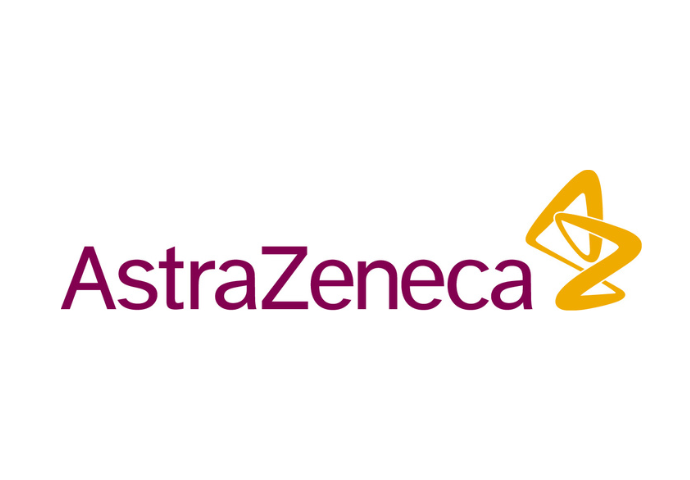AstraZeneca’s Calquence (acalabrutinib), a next generation, selective Bruton’s tyrosine kinase (BTK) inhibitor, has been approved in China for the treatment of adult patients with chronic lymphocytic leukaemia (CLL) or small lymphocytic lymphoma (SLL) who have received at least one prior therapy.
The approval by the National Medical Products Administration (NMPA) was based on positive results from two clinical trials, including the ASCEND Phase III trial of Calquence versus investigator’s choice of idelalisib plus rituximab (IdR) or bendamustine plus rituximab (BR) for patients with relapsed or refractory (R/R) CLL and an open-label, single-arm Phase I/II trial in China for patients with R/R CLL.1,2
CLL is the most prevalent type of adult leukaemia across the globe and represents approximately 6.4% of B-cell non-Hodgkin lymphoma patients in China.3
Professor Li Jianyong, Director of Haematology, People’s Hospital of Jiangsu Province, and Leader of China CLL Working Group, said: “Many people living with chronic lymphocytic leukaemia experience relapse and need additional treatment options to help manage their disease. I’m delighted that with this approval patients now have access to an established treatment that has already demonstrated effectiveness in many patients across the globe.”
Dave Fredrickson, Executive Vice President, Oncology Business Unit, AstraZeneca, said: “Today’s approval is another step towards our goal of making Calquence available to as many patients as possible and offering physicians a treatment option with a well-established efficacy and tolerability profile. Patients with chronic lymphocytic leukaemia are often older and dealing with significant comorbidities, and tolerability is a critical factor in their treatment.”
In the ASCEND Phase III trial, 88% of patients with R/R CLL treated with Calquence were alive and free from disease progression after 12 months compared with 68% of patients treated with IdR/BR.1 Longer-term follow-up data showed 62% of patients treated with Calquence were alive and had not progressed at 42 months versus 19% of patients treated with IdR/BR.
Additionally, results from a Phase I/II trial in Chinese adults with R/R CLL showed Calquence achieved an overall response rate (ORR) of 83.3%. At a median follow-up of 20.2 months, median progression-free survival (PFS) was not reached and the 12-month and 18-month PFS rates were 90.7% and 78.8%, respectively. The safety and tolerability of Calquence in these trials were consistent with that observed in previous clinical trials.1,2
Calquence is approved for the treatment of CLL and SLL in the US and Japan and is approved for the treatment of CLL in the EU and in several other countries worldwide in the treatment-naïve and R/R settings. Calquence is also approved in the US, China and several other countries for the treatment of adult patients with mantle cell lymphoma (MCL) who have received at least one prior therapy. Calquence is not currently approved for the treatment of MCL in Japan or the EU.
Read the full press release below



